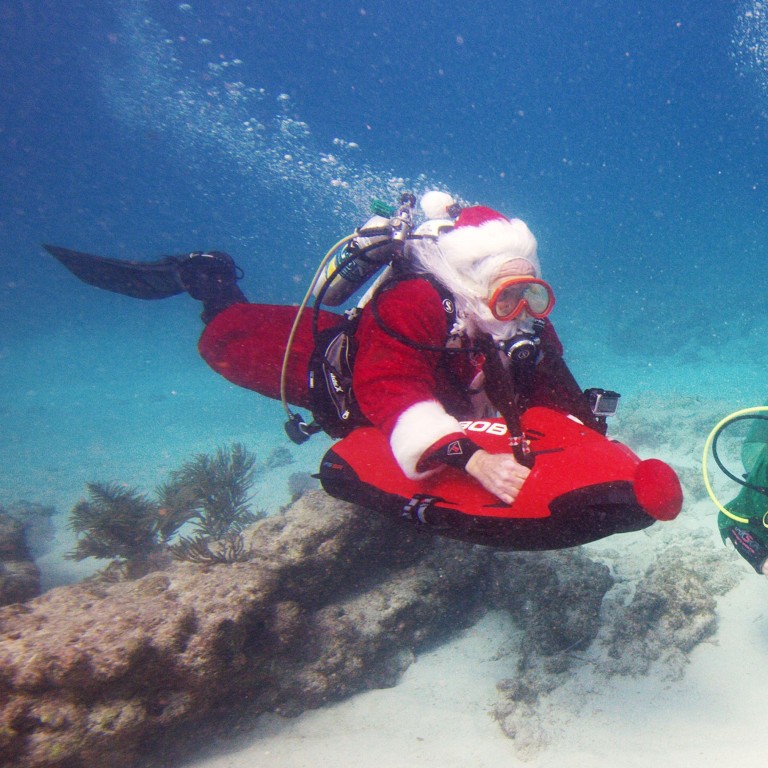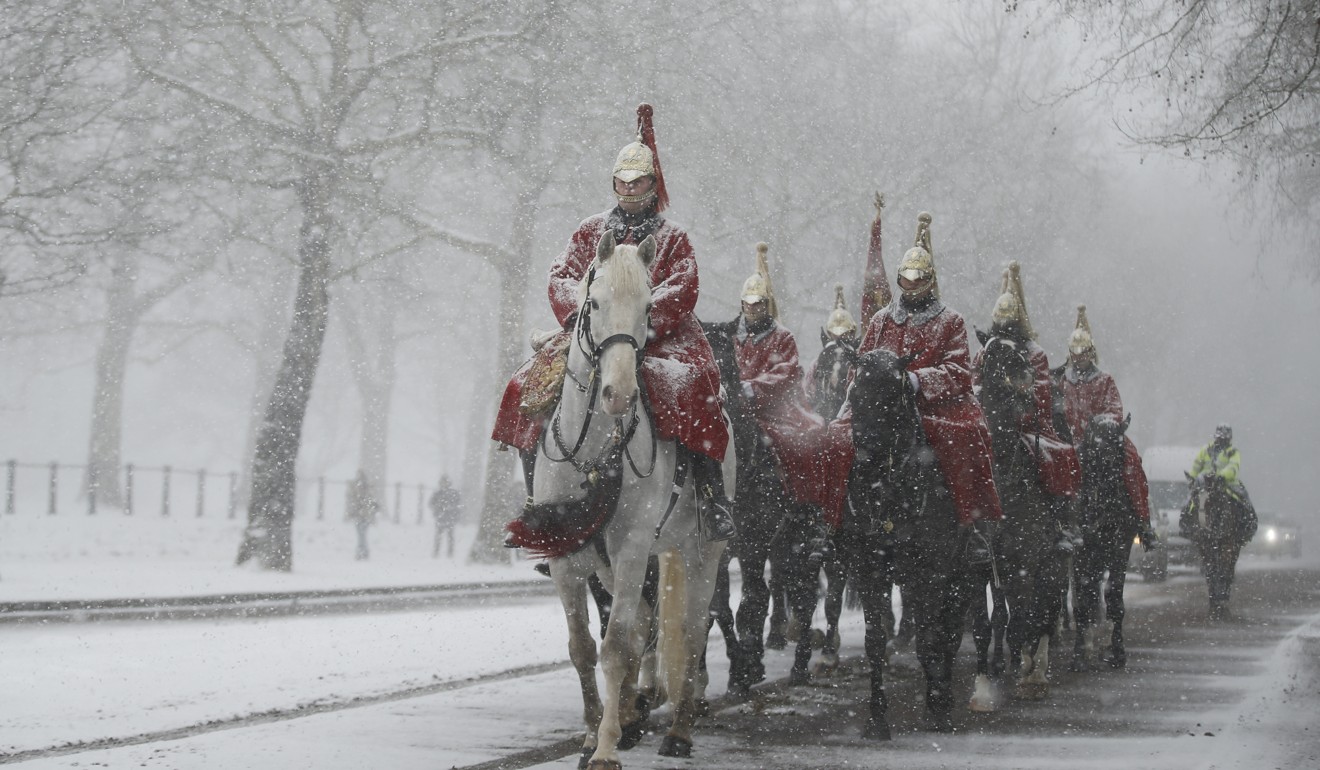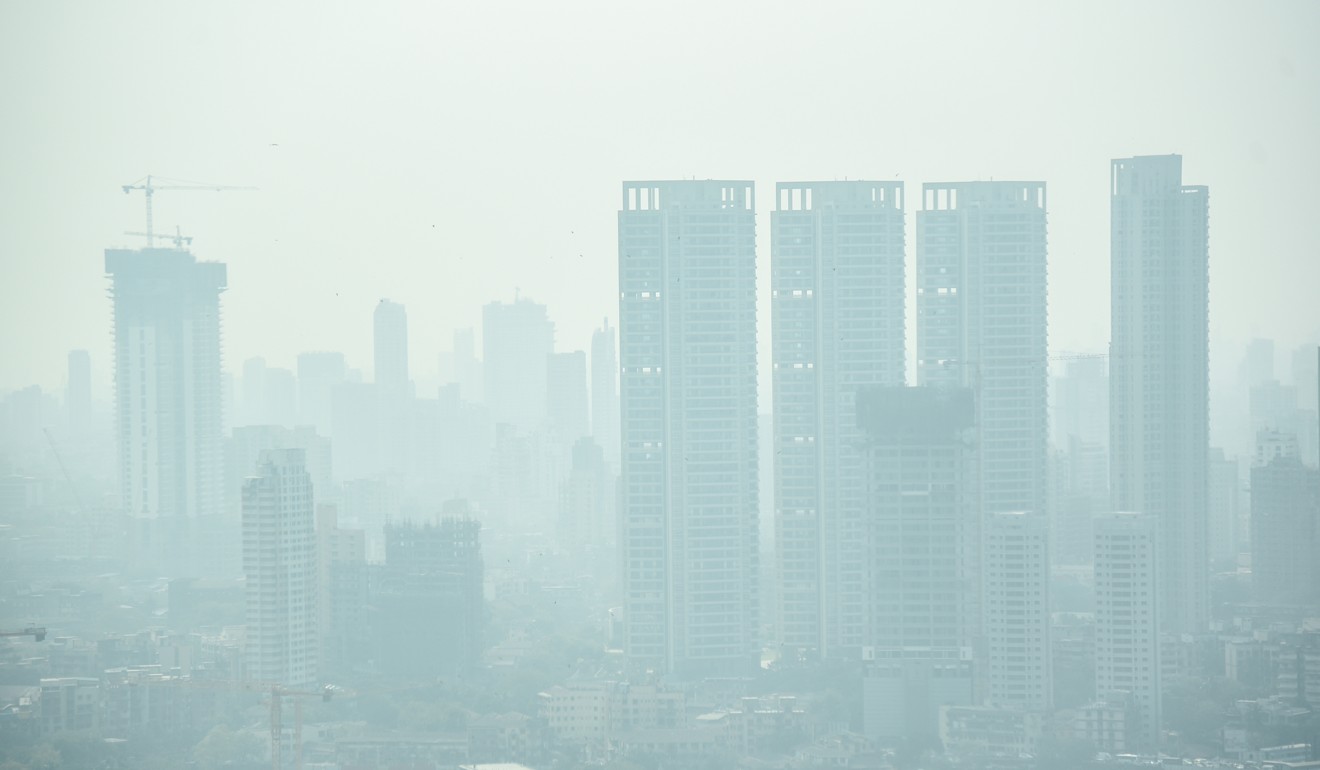
A Christmas wake-up call: as you jet off for a festive getaway, don’t forget your planet
- David Dodwell takes a peek at Christmas Yet to Come and it doesn’t look good. The future holds possible horrors brought on by consumerism and climate change, and time is running out for prevention of a global catastrophe
Let my ghost of Christmas Past sweep me back, through fragmented memories, to that noisy, crowded post-war council house in the British Midlands that was my childhood home.
Winters were cold, and snow was with us for several months a year. I remember ice skating on the local canal, and playing on ice slides in our schoolyard as late as April. The idea of growing grapes or making English wine would have drawn a laugh; instead, my father brewed ginger beer and all manner of weird vegetable wines in the outhouse.

I may be blotting out the bad stuff, but my ghost of Christmas Past toured me though a happy and quite fulfilling time: simple pleasures, and time to savour them. I’m sure my impact on the environment was modest, and the challenges of climate change, pollution, and plastic endemic to the Anthropocene era were largely absent.
The Ghost of Christmas Present shows me homes that are teeming with marvellous digital gadgets that have purged the chores that once filled my mum’s gruelling weekly calendar. He shows me families in China and other once-dirt-poor countries that have now been lifted out of dismal poverty to join our frenzy of hyper-consumption. But he also shows me families fragmented across the globe, and “citizens of nowhere” like me who will spend Christmas thousands of miles away from parents, grandchildren and most of our childhood friends. He shows us underexercised and overfed on alarmingly processed food, and fades away just in time to usher in the Ghost of Christmas Yet to Come.
As Scrooge whelps: “Ghost of the Future! I fear you more than any spectre I have seen. But as I know your purpose is to do me good, and as I hope to live to be another man from what I was, I am prepared to bear you company, and do it with a thankful heart. Will you not speak to me? … answer me one question. Are these the shadows of the things that Will be, or are they shadows of the things that May be, only?”
Because the Ghost is mute, Scrooge doesn't receive an answer to his question – and nor do we.

However, as academics and readers over the past century and a half have concluded, the meaning of Dickens’ story is clear. The Christmas Carol is all about choices: the choices leaders in the West made in the post-war 1950s to lift communities across the world out of poverty, regardless of environmental ramifications; the choices we are making today in spite of the clear evidence of urgent unsustainability; and the choices we and our governments can make to bring the Anthropocene era back into some kind of equilibrium.
The Ghost of Christmas Yet to Come is not telling us what definitely will be, but he has shown us “shadows of the things that May be” – strong evidence that time may be running out if we fail to change our ways very, very quickly. And as with Scrooge, the only thing that can prevent these catastrophic maybes is our own actions – our own initiatives, words and deeds.
Scrooge was sufficiently shocked by what his ghosts showed him to change his ways – and to escape ending his days despised and lonely. I wonder what shock we need to prevent us from sleepwalking off a precipice. Oh … and Happy Christmas.
David Dodwell researches and writes about global, regional and Hong Kong challenges from a Hong Kong point of view

